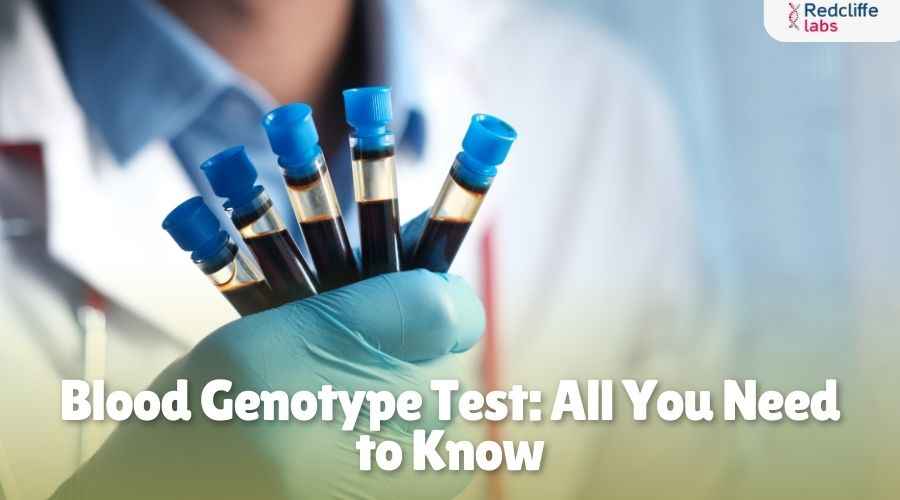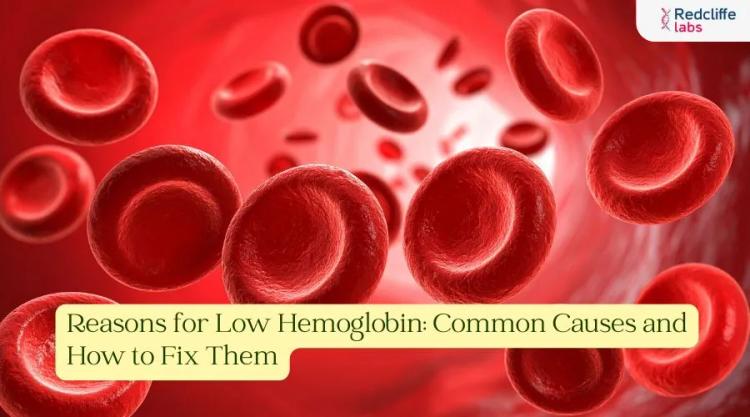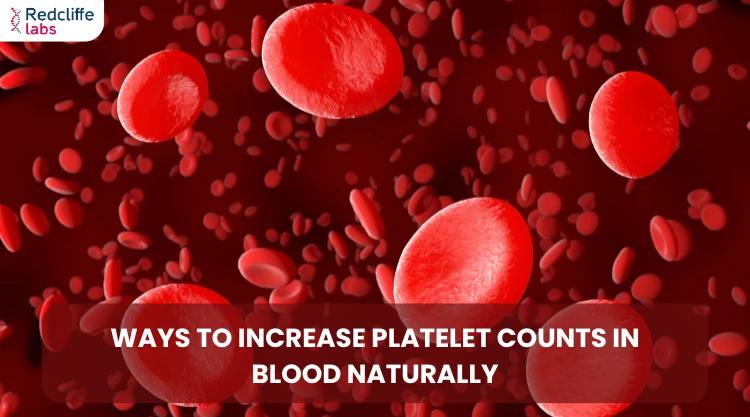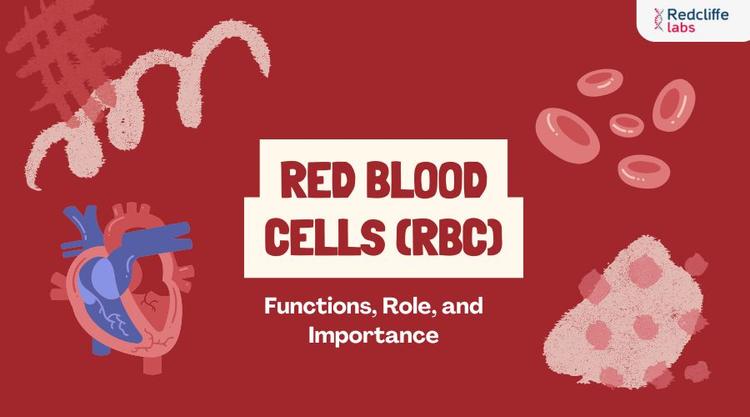Blood Genotype Test: All You Need to Know

Medically Reviewed By
Dr. Mayanka Lodha Seth
Written By Kirti Saxena
on Mar 25, 2025
Last Edit Made By Kirti Saxena
on Jul 19, 2025

Blood genotype refers to the genetic makeup of your blood, the pair of hemoglobin genes inherited from your parents. These genes determine the type of hemoglobin your body produces and are represented by letters such as AA, AS, SS, AC, and SC. The first two pairs (AA & AS) are normal, AC is rare, and the latter (SS, SC) are irregular and anomalous, commonly causing sickle cell disease. Sickle cell disease occurs when an individual's blood cells are shaped, deformed, and abnormal, potentially blocking blood flow causing pain, and damaging vital organs.
Normally, red blood cells (RBCs) are round and flexible, allowing them to move easily through blood vessels. However, the red blood cells take on a sickle shape in sickle cell disease. These rigid, sticky, sickled cells can get stuck in small blood vessels, slowing (or blocking) blood flow and the oxygen supply to body parts.
This blog will discuss the blood genotype test and help readers make informed health and reproductive decisions.
What is the Use of a Blood Genotype Test?
The blood group test determines your hemoglobin type and assesses the risk of genetic disorders like sickle cell anemia and thalassemia. Here are some common uses of this test:
- Disease Diagnosis—The test helps to diagnose genetic blood disorders, such as sickle cell disease, or carrier status for certain conditions.
- Marriage Counseling- The test assists couples in understanding the genetic implications of their union to prevent passing certain genetic disorders to offspring.
- Health Management—The test helps to manage health risks for people with abnormal genotypes, such as SS (sickle cell anemia).
- Blood Transfusion Planning- This blood genotype test ensures compatibility in blood transfusions and organ transplants.
Why is the Blood Genotype Test Important?
The blood genotypes help in -
- Preventing Genetic Disorders- The test helps you know your genotype and identify the risk of passing genetic disorders to your child. For example, if both parents have the AS genotype, there’s a 25% chance their child could inherit the SS genotype, leading to sickle cell disease.
- Early Diagnosis and Treatment- The test allows for the early detection of conditions like sickle cell anemia or thalassemia and helps to take timely interventions and better health outcomes.
- Informed Family Planning- Couples planning to have children can take a genotype test to assess the risk and make better decisions.
Why Do Doctors Recommend the Blood Genotype Test?
Your doctor may recommend the blood genotype test in the following cases-
- Prenatal Testing- Your doctor may recommend the test to identify the genotype of an unborn baby and assess the risk of genetic disorders.
- Premarital Screening- To ensure compatibility and reduce the likelihood of genetic diseases in children.
- Anemia Symptoms—If a patient shows signs of chronic fatigue, frequent infections, or jaundice, the test can help determine if a genetic condition is the cause.
- Family History of Blood Disorders- To identify carriers or those at risk of developing genetic blood disorders.
When Should You Take the Blood Genotype Test?
You should consider a blood genotype test in the following conditions:
- Before marriage, share the risk of compatibility and risks for potential offspring.
- As part of prenatal screening, potential risks to the baby are identified during pregnancy.
- If symptoms arise, they may include frequent fatigue, pain crises, or recurrent infections.
- If there's a family history of blood disorders.
- To ensure blood transfusion compatibility and prevent complications.
How is the Blood Genotype Test Performed?
The blood genotype test is a simple, non-invasive procedure. Here’s how it works:
- The healthcare provider or phlebotomist will collect a blood sample from the vein in your arm.
- The collected sample will be sent to the lab to analyze the hemoglobin genes present.
- Results are available within a few days, and your genotype (e.g., AA, AS, SS) will be indicated.
What Do the Results Mean?
The results of the blood genotype test are categorized as follows:
- AA (Normal)- It indicates normal hemoglobin with no risk of passing genetic blood disorders to children.
- AS (Carrier)- It indicates carrier status for sickle cell anemia but no active disease.
- SS (Sickle Cell Disease)- It indicates the presence of sickle cell anemia, requiring medical management.
- Other Variants (e.g., AC, SC)- It indicates other forms of hemoglobin traits or disorders, which may require further evaluation.
Precautions Before Taking the Blood Genotype Test
- If your doctor has recommended the blood genotype test, you must consult your healthcare expert about any medications or supplements you're taking.
- Drink plenty of water before the test to ease blood draw.
- Relax and be calm during the procedure to ensure a smooth experience.
Where Can You Get the Blood Genotype Test Near Me?
Blood genotype tests are available at most diagnostic laboratories, hospitals, and clinics. You can get your blood genotype test from any nearby lab. Simply search on Google "blood genotype test near me" to find the lab nearby. You can book your diagnostic tests from Redcliffe Labs; a wide range of blood tests are available with home sample collection services. You just need to book your appointment online and the professional will come to your place for sample collection and promise to provide on-time test reports.
The Final words
The blood genotype test is helpful for diagnosing genetic conditions, planning a family, or understanding insights into one's health. However, you can reduce the risk of genetic blood disorders with early detection, prevention, and proper management. Take charge of your health today by scheduling a blood genotype test near me at a reliable diagnostic center near you.


